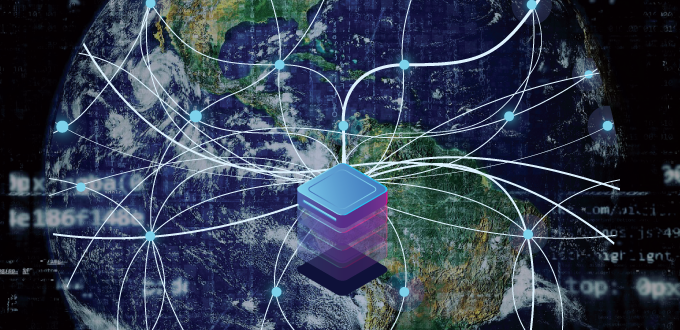Regional Operators Join the BGP Collector
28/05/2020

At least seven regional operators have joined LACNIC’s project to collaborate with RIPE’s information service (RIPE RIS) on the status of global Internet BGP routes.
The first set of data provided by the operators include both full and partial routing tables. Both cases are important because they show different views from multiple locations on the network, although full tables allow for a greater degree of analysis.
“We need more operators to share their full table in order to have regional information and identify trends,” said Guillermo Cicileo, Head of Internet Infrastructure Research and Development at LACNIC. The variability in this information affects the entire Internet, the expert added.
The operators’ data is received by collector node RRC24, which is located in Montevideo after being added to the RIPE RIS project (http://ris.ripe.net/) last year.
Cicileo said that, in order to have better information about routing behavior in the region, it is necessary for Internet organizations to contribute further. “By providing data and information on what is happening at the regional level, we will be able to get a global picture of the situation,” he said.

Different Perspectives. Comparing the information provided by various operators so far, Cicileo commented that, while some are announcing around 790 thousand IPv4 prefixes, others are announcing more than 820 thousand. “There is a difference of almost 30 thousand IPv4 prefixes among the operators. This can be caused by several factors, ranging from different forms of route aggregation to possible interconnections that have less global visibility. This also happens in other regions and there are studies on the subject,” said Cicileo.
Could this difference affect Internet traffic? If some sites do not have global visibility, they may not be accessible in certain regions. Projects such as RIPE RIS allow us, for example, to analyze from where we can access our networks and whether BGP is propagating properly in other locations. This explains the importance of having more information and routing tables for the region.
Cicileo reiterated the invitation to operators to establish multihop BGP sessions with Montevideo’s collector and send their BGP tables. This configuration does not affect the organization’s routing, as it simply involves exporting the routing tables to a server that processes the data, but which does not intervene in the routing process.
The information provided by LACNIC’s collectors is public and extremely useful for understanding the status of regional routing and thus contribute to the stability of the global routing system.
For more information about RIPE RIS, go to:
https://www.ripe.net/analyse/internet-measurements/routing-information-service-ris